Bacopa monnieri, a proven effect on memory
Often overlooked, Bacopa monnieri is a very famous plant in India because of its many virtues for health. In Ayurvedic medicine, this plant is presented as a natural tonic to fight against diseases of the brain. Highly studied in recent years, this plant is now considered an adaptogen. This means that it can naturally fight against states of stress and anxiety. More recently, some researchers have presented it as a powerful natural nootropic to improve cognitive abilities including memory and concentration.
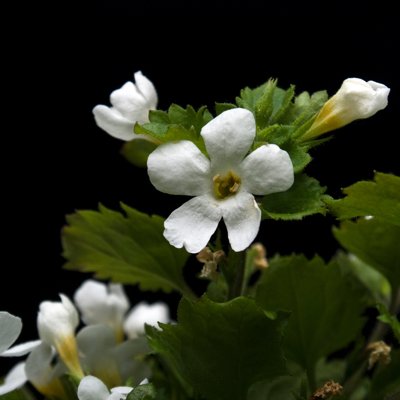
For 3,000 years, Ayurvedic medicine has used this plant to treat various states affecting the intellect. The scientists only became interested in it in the 1960s and confirmed as of this date: bacopa stimulates memory well, promotes vigilance and concentration. Since then, they have discovered him many other properties.
The bacopa is a perennial plant that enjoys the humid climate. It grows mostly in tropical countries, because of the high humidity in these regions. It is found particularly in South-East Asia and India. It is sometimes raised in an aquarium because of its water-greediness. Bacopa is also found in its natural environment, in ponds. It is a greasy, creeping plant, easy to plant by means of cuttings. The stems are picked by cutting between the nodes. Nodes with fine roots are planted in the soil, taking care to provide adequate water supply. Otherwise, brackish water is a good ,Zoom on this beneficial activity of Bacopa monnieri to stimulate the brain.
-Bacopa monnieri:
Bacopa monnieri, or water hyssop, is a plant of the scrophulariaceae family. It is known under three botanical names: Herpestis Monnieria, Bramia Monnieri and Lysimachia monieri. Bacosides are the main active ingredients contained in this plant. The aerial parts are used in particular for their ayurvedic properties. Bacopa monnieri is frequently used in combination with other plants to achieve synergistic effects.
Properties and Benefits of Bacopa:
Bacopa acts on the digestive system and the nervous system. It significantly reduces the manifestations of irritable bowel syndrome. But his actions are mainly recognized in the nervous system, especially in the cognitive faculties and the memorization process. Bacopa is used in the treatment of intellectual overwork, with irritability, hyperanxiety, decreased attention and concentration. Its effectiveness is indisputable in the neurasthenia associated or not with a disorder of the memory. It greatly reduces the anxiety observed in depressive syndrome. This plant is often used in case of cognitive pathologies responsible for seizures such as epilepsy.
-Memory and cognitive functions:
Results from four trials published only in India indicate that bacopa can improve cognitive and memory skills in healthy schoolchildren1,2, people with intellectual dysfunction, and children with Attention Deficit Hyperactivity Disorder . One of these studies involving 50 schoolchildren involved a traditional formulation containing 200 mg powdered bacopa and five other plants, so it is impossible to determine the specific effect of bacopa in this trial.
The results obtained by Australian researchers in a double-blind, placebo-controlled trial published in 2001 indicate that bacopa extract (300 mg per day) increased the speed of information processing, learning and memory, while alleviating anxiety. However, improvements were only significant after 12 weeks of treatment3. The results of a double-blind, placebo-controlled trial of 38 subjects in the same year demonstrated that single dose 300 mg of extract had no measurable immediate effect.
In another trial in Australia, the effects of a bacopa extract were compared to placebo in 76 adults aged 40 to 65 years. Bacopa extract significantly improved the ability to retain new data.
In addition, the results of a double-blind trial conducted in 2004 of 85 healthy subjects given placebo or a mixture of ginkgo and bacopa did not demonstrate that the preparation had an effect on memory or cognitive functions. Perhaps this is due to the fact that the treatment was only given for four weeks?
-Irritable bowel syndrome (IBS):
In a study of 169 patients with irritable bowel syndrome, the effects of an ayurvedic preparation containing bacopa and Bengal apple (Aegle marmelos correa) were compared with those of conventional treatment ( clidinium bromide, chlordiazepoxide and psyllium) and to those of a placebo. The results revealed that the Ayurvedic remedy was more effective than placebo, but less than the conventional treatment.
Since Bengal apple and psyllium have antidiarrheal properties, it is difficult to determine what specific effect bacopa had during this trial. In addition, long-term follow-up of patients revealed that Ayurvedic preparation and conventional therapy had not been more effective than placebo in reducing the number of relapses.
-Anxiety and Stress:
In an open trial published only in India in 1980, bacopa syrup was given to 35 subjects suffering from anxiety. The dosage was 12 g per day of dried bacopa and the treatment lasted four weeks. The authors reported a significant attenuation of the degree of anxiety and mental fatigue (neurasthenia) and an increase in memory.
Bacopa has a long-term effect. Studies conducted over short periods show little or no effect. On the other hand, long-term studies show the opposite. The improvements are much sharper at 8-12 weeks than they are at 4-6 weeks.
Precautions for use of bacopa:
Used in the medium term for its beneficial actions on the nervous system. The results appear after a few weeks of treatment. Depending on the pathology to be treated, the daily dose to be taken is 300 mg / d. This dose is to be distributed during the day, in one to three doses.
Taking Bacopa monnieri on an empty stomach can cause nausea, cramping, bloating and diarrhea. It is advisable to take it with food. Historically, Bacopa monnieri was consumed with ghee, a clarified butter that is native to India. Bacopa monnieri is fat-soluble and requires a lipoid carrier to be absorbed, hence the interest of taking it with meals.
Scientific name: Bacopa monnieri
Common Names: Bacopa, Water Hyssop, Brahmi
Origin: India and Southeast Asia
Location: Marshes in India, Nepal, Sri Lanka, China, Taiwan, Vietnam, Southern United States
Forms: Leaves, powder, capsules, tablets, juice, syrups
Taken: During meals (assimilable by combining with lipids)
Dosage: 300mg per day with a content of active substances (bacosides A and B) at 55%
Side effects: Nausea, upset stomach, diarrhea, dry mouth, tiredness
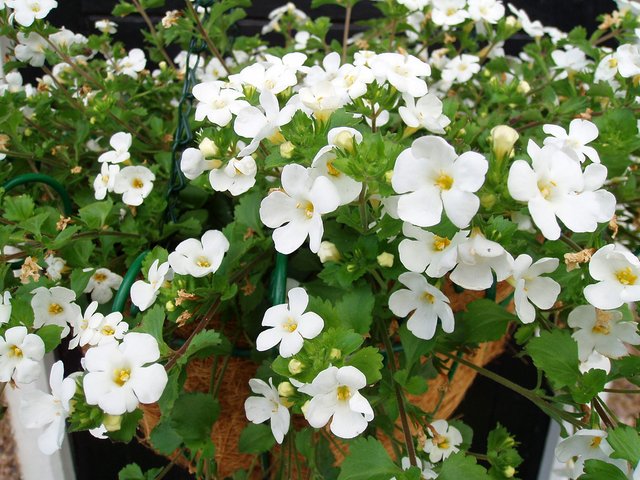
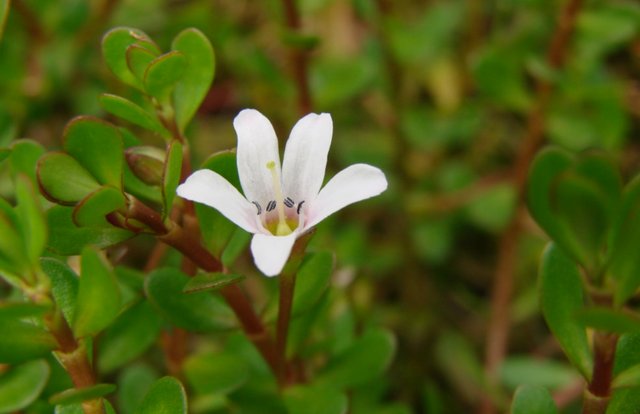

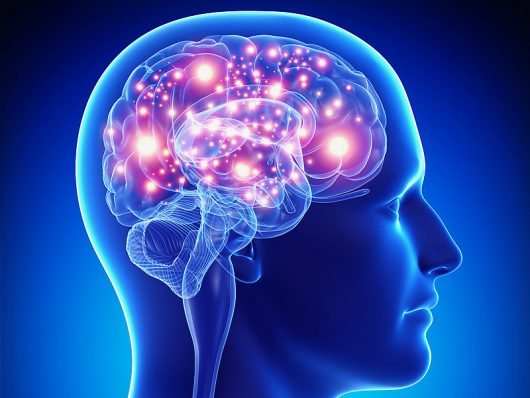
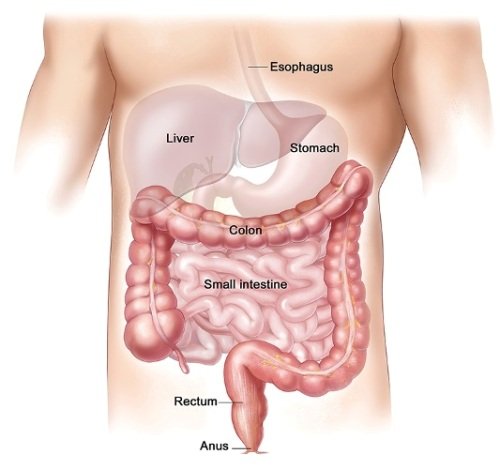




@minnowpond1 has voted on behalf of @minnowpond.
If you would like to recieve upvotes from minnowponds team on all your posts, simply FOLLOW @minnowpond.
Congratulations! In addition to the vote from @randowhale, you also received a vote from @randowhaletrail!
thanks randowhaletrail ^^